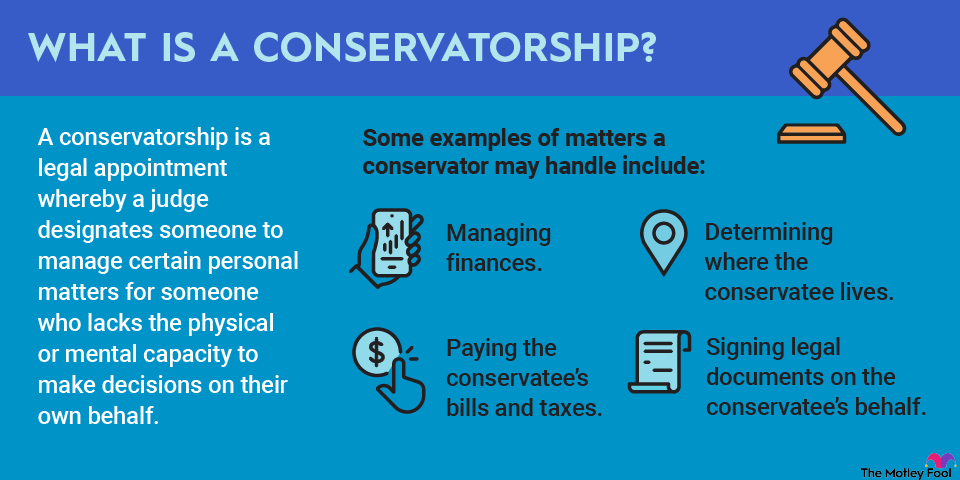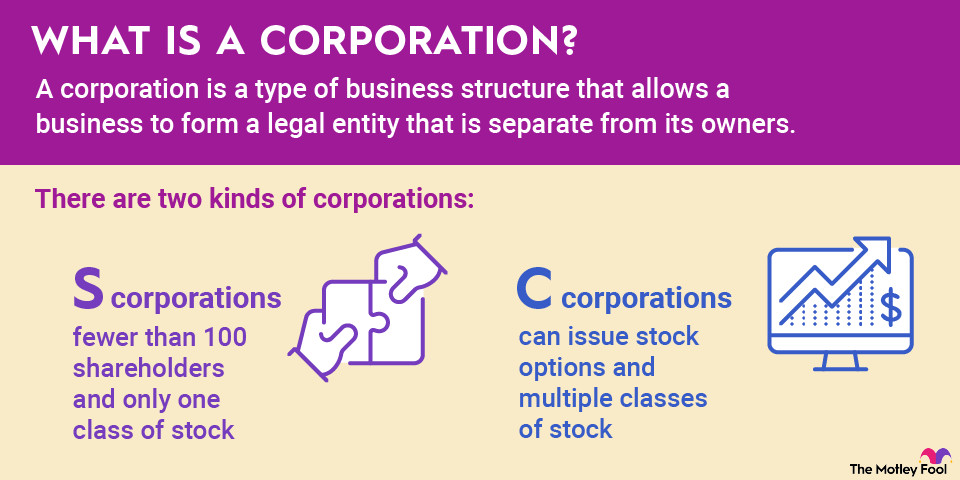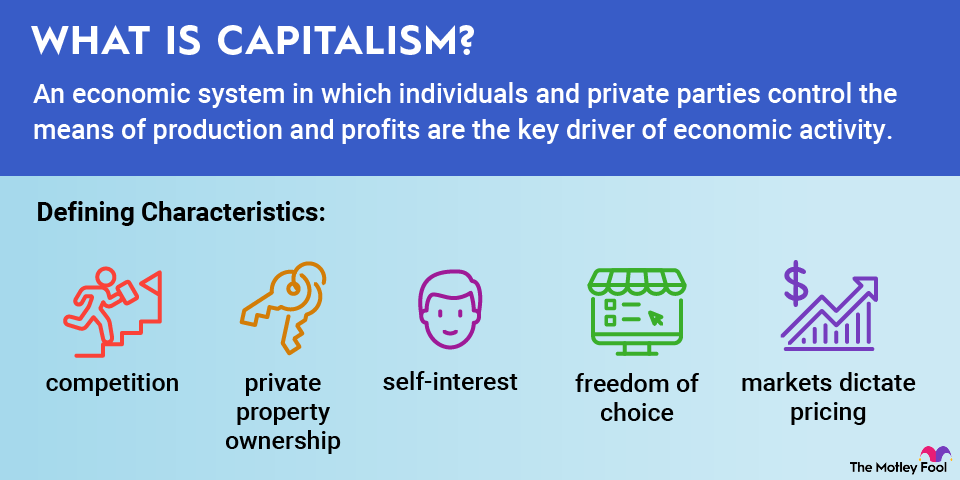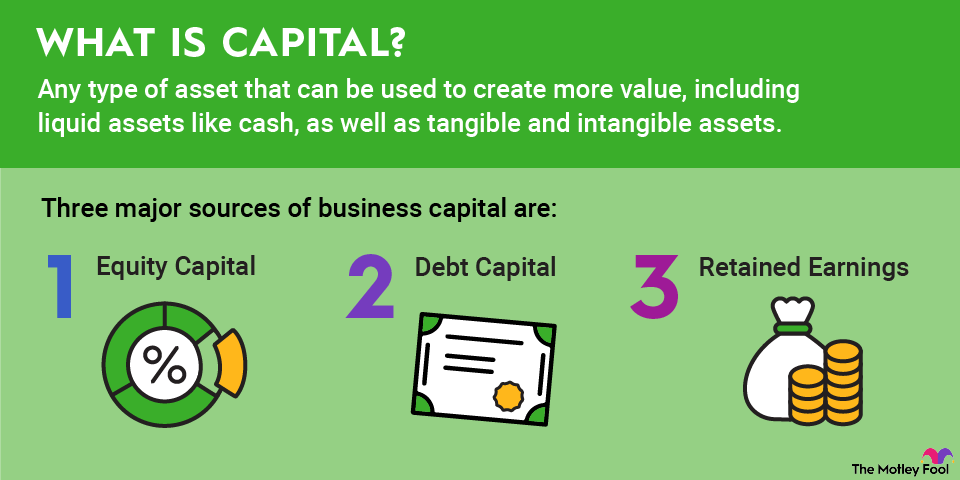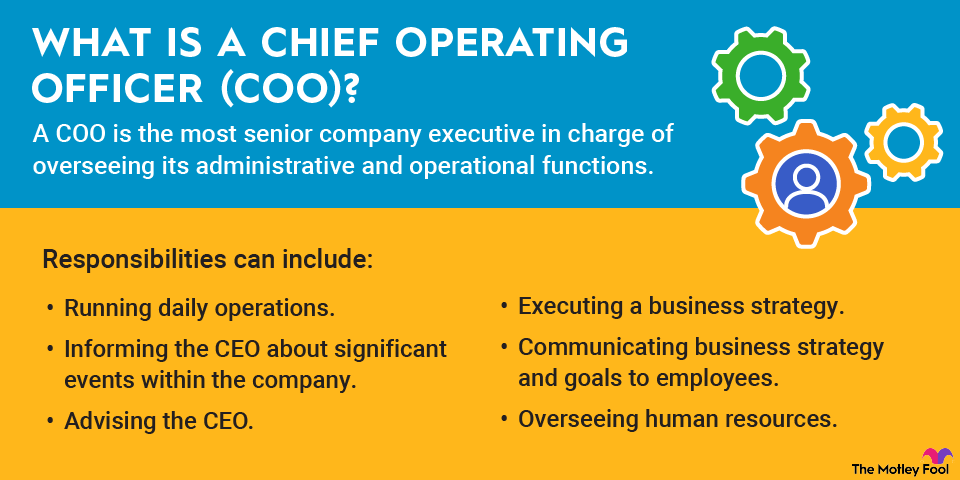Terms like "conglomerate" pop up frequently in the business world. The word is often accompanied by hefty figures and complex corporate structures.
But what exactly is a conglomerate?
Let's strip down the complexity of a familiar term to find a clear definition. You'll also see the role conglomerates play in the local and global economy and how this understanding can aid your investment strategies.


How should investors treat conglomerates?
For investors, understanding conglomerates' strengths and weaknesses is crucial. Here's what you can do with this knowledge:
- Assess stability versus innovation: Conglomerates often boast financial robustness due to diversified revenue sources. However, their large size can hinder rapid innovation, unlike more focused firms that can pivot quickly in response to industry changes.
- Consider the management quality: Effective management is critical in steering the colossal ship of a conglomerate. Investors should look at the track record of the company's leadership in managing its diverse businesses.
- Diversification in your portfolio: Investing in conglomerates can be a strategic decision for diversifying one's portfolio, but the portfolio should be balanced with investments in companies with high innovation potential. Yes, you can even diversify your actual diversification bets.
